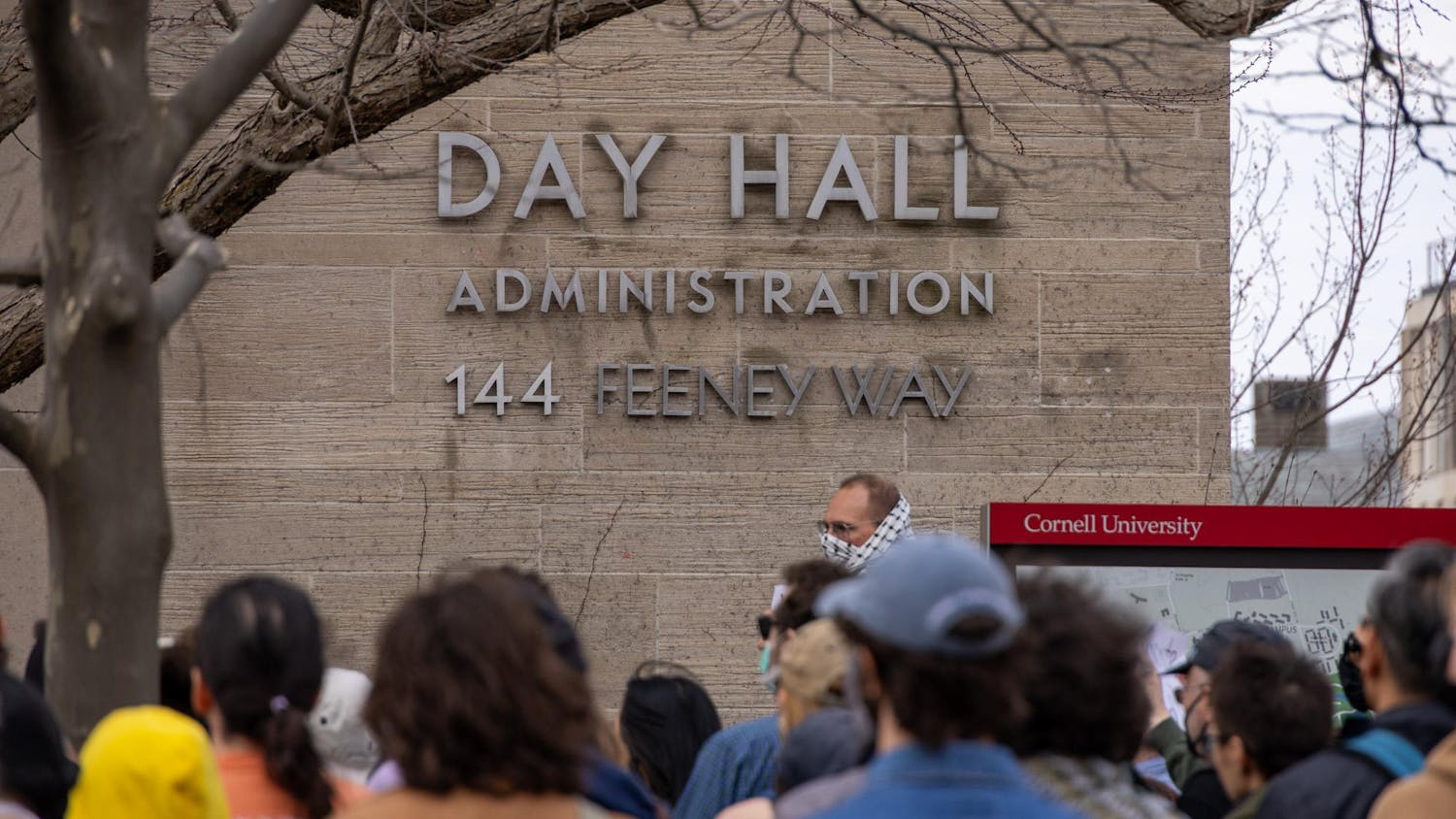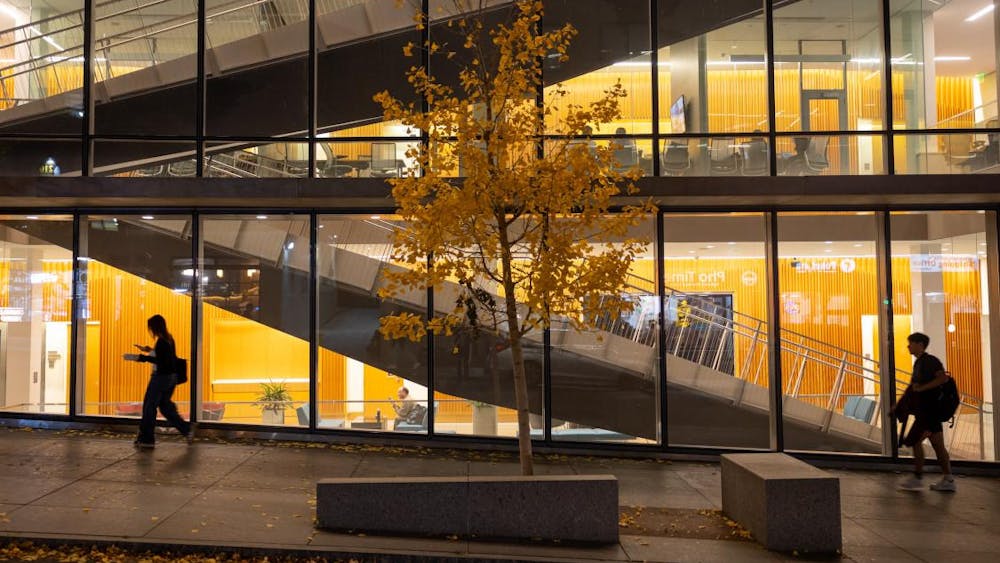Cornell Institute for Public Affairs hosted a panel discussion on President Donald Trump’s recent executive order on immigration, with the goal of responding to concerns of international students.
Raza Rumi, CIPA visiting lecturer and Pakistani author who fled to the US following a failed assassination attempt, said that the formation of the travel ban is “a symptom of a larger malaise known as Islamophobia, which has been brewing in the U.S. over the past decade.”
“It’s demonization of Muslims, specifically Muslims from certain countries,” Rumi added. “If we look at cases of young men and women joining the ISIS or insurgents, most of them are usually in search of an identity or belonging. So, obviously, marginalizing a community further will breed fear.”
Rumi highlighted the contrast between the number of American deaths resulting from acts of terrorism in the last decade and number of American who have died of gun violence.
“There’s lopsided coverage in mainstream media. There’s definitely a shift now but the US will need to partner with these Muslim countries and the ban is making the U.S. lose allies,” Rumi said.
The panelists agreed that the reaction of the public to the executive order on immigration was touching.
“It’s very promising, the kind of reaction that occurred after the Muslim ban. Attorneys are providing free services, and there’s free counseling services. I would not say that it’s not as gloomy because the reaction from civil society, media and academia has been touching. These are complicated issues and we need to be working together,” Rumi said.
Jonathan Cummings ’18, president of the Cornell Public Affairs Society, explained that the event aimed to “help students understand the current situation and discuss legal rights.”
Considering that Cornell’s international student population consists of nearly 5,000 students — about 30 of whom are from the seven countries directly affected by the executive order — Cummings argued for the necessity of the event.
“The board got together and we wanted to take action. We wanted to host a public event where there would be an exchange of conversation, especially for international students,” Cummings said.
Somayeh Khiyabani grad, an international student from Iran, expressed appreciation for the event and said that “it was important for these issues to be addressed.”
“I’m from Iran, one of the countries directly affected by the ban," Khiyabani said. “It was hard for me to listen about the uncertainty of the future but this was an important event to attend.”
During the panel students also addressed issues on whether they should travel internationally — an answer that could not be given a definite answer according to Prof. Stephen Yale-Loehr, law.
“I’m from Mexico and I’m reconsidering whether I should go back to Mexico for spring break,” said Paulina Lucio grad.
“We wish we could give people absolute guarantee that they would be allowed to re-enter the US but there’s an element of uncertainty. But it is an individual case by case basis,” Yale-Loehr added.
Despite this uncertainty, Yale-Loehr expressed optimism for the future.
“We have been heartened by the reaction of the people and the courts in coming back with these executive orders,” Yale-Loehr said. “I hope that it continues. We all have rights and we need to exercise those rights.”

Panelists Address Concerns of International Students Following Executive Order
Reading time: about 3 minutes
Read More










